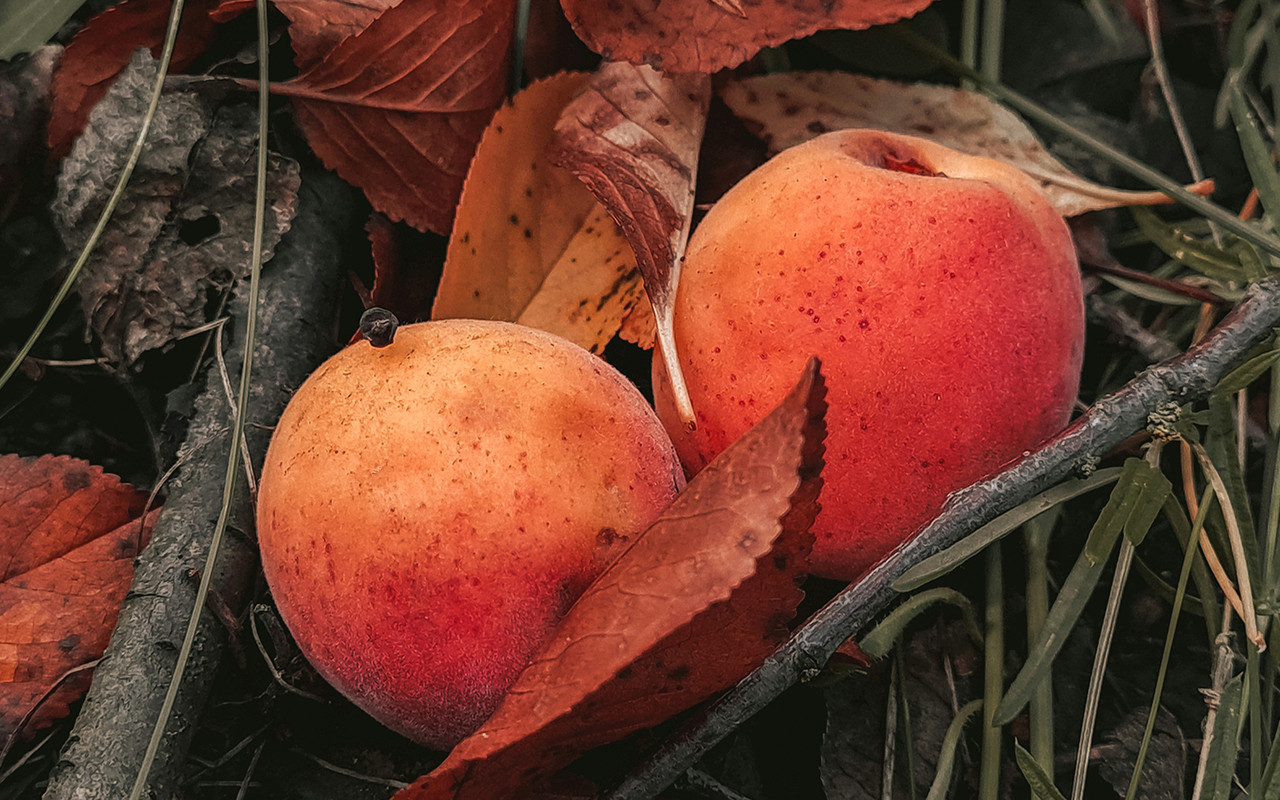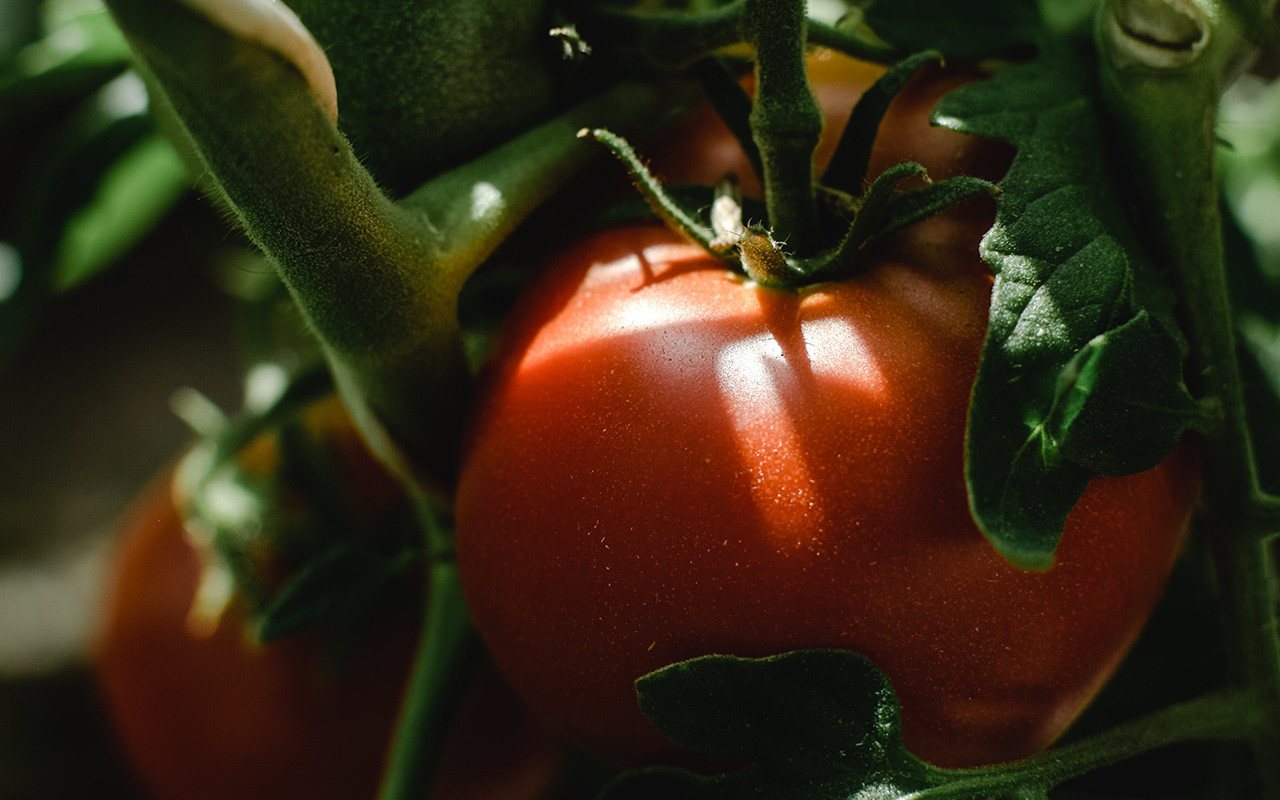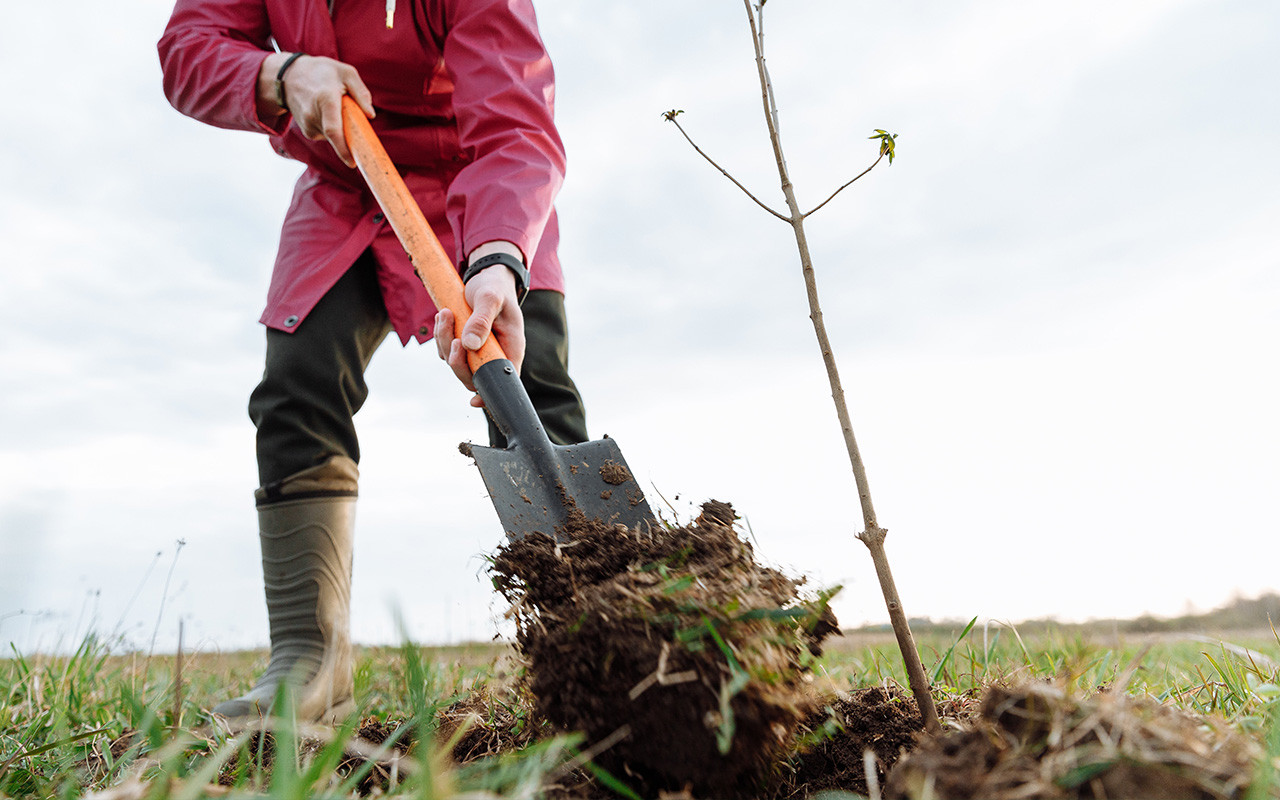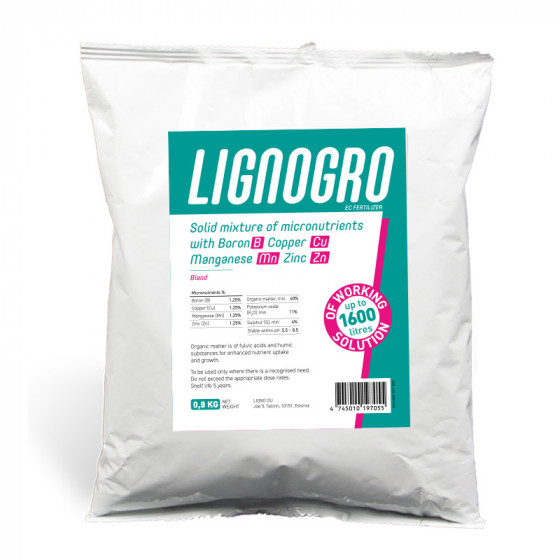
The Benefits of Fertilizing Your Garden in Autumn
What Are The Benefits of Fertilizing Your Garden in Autumn
Improved Nutrient uptake
One of the benefits of fertilizing in autumn is that it can improve nutrient uptake. This is because the cooler temperatures and lower light levels encourage plants to produce more carbohydrates. These carbohydrates are then stored in the roots, where they can be used to produce new growth in the spring. In order to make sure that your plants are able to take up nutrients properly, it's important to use a fertilizer that contains all of the essential macro- and micronutrients.
Encourage Flowering and Fruit production
Another benefit of fertilizing in autumn is that it can encourage flowering and fruit production. This is because the extra nutrients help plants to produce more flowers and fruit. This is especially beneficial for fruit trees, as it can help them to produce a larger crop in the following year. If you want to encourage flowering and fruit production, it's important to use a fertilizer that is high in phosphorus.
Pest and Disease Control
Fertilizing in autumn can also help to control pests and diseases. This is because pests and diseases are often more common in spring and summer, when plants are under stress from the heat and lack of moisture. By fertilizing in autumn, you can help your plants to stay healthy and strong, which makes them better able to withstand attack from pests and diseases. If you're concerned about pest or disease control, it's important to use a fertilizer that contains a balanced mix of nutrients.
Which Nutrients Your Plants Need In Winter
As the weather gets colder and the days get shorter, your plants need less light but more of certain nutrients to stay healthy. In winter, most plants go into a state of dormancy, meaning they stop growing and producing new leaves or flowers. This is a natural process that helps them conserve energy and survive the colder months. However, it's important to make sure your plants are getting the right balance of nutrients, especially if you want them to flower in spring.
One of the most important nutrients for wintering plants is potassium. Potassium helps promote strong root growth, which is essential for preventing disease and keeping plants healthy. It helps plants to produce strong stems and develop resistance to frost damage. Potassium can be added to your soil through compost, manure, or wood ashes. You can add potassium to your soil by using organic-mineral fertilizers or by adding organic matter such as compost or manure.
Another important nutrient for winter is phosphorus. Phosphorus is essential for plant cell division and root development. It also helps plants produce flowers and fruits, so if you want your plants to flower in spring, make sure they have enough phosphorus. You can add phosphorus to your soil by using organic-mineral fertilizers or by adding bone meal or rock phosphate.
Conclusion:
Fertilizing your garden in autumn has a number of benefits that can help your garden thrive. Autumn is an ideal time for fertilizing because it can improve nutrient uptake, encourage flowering and fruit production, and control pests and diseases. When selecting a fertilizer for use in autumn, be sure to choose one that contains all of the essential macro- and micronutrients.



















